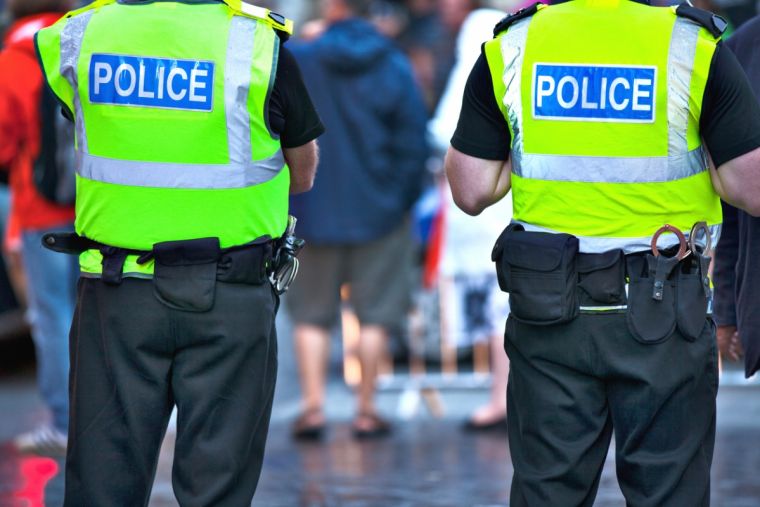The police must call a halt to virtue signalling and return to fighting crime

"Forget wokery and fight crime". So ran a headline in The Times last weekend, announcing the new Home Secretary Suella Braverman's no-nonsense order to the police, telling them to get their act together and switch the focus from virtue signalling and identity politics to tackling neighbourhood crime and burglary.
With soaring crime rates and only 5% of burglaries solved last year – the Metropolitan Police reportedly had a staggeringly low detection rate of 3.8 per cent between January and December – it might with some justification be thought it's an order that's long overdue.
Especially in view of the disproportionate attention seemingly being given to so-called hate crimes, and perceived infringement of diversity law, which these days seem to grip police forces to the point of obsession.
Witness, for example, the rebuke by Sussex police to members of the public who dared comment on the gender identity of convicted sex offender Sally Ann Dixon, jailed for twenty years for offences committed while a man. In response to comments highlighting the perpetrator's sex, Sussex Police tweeted that they would not "tolerate any hateful comments" towards a person's gender identity "regardless of crimes committed". To which Ms Braverman responded, "Focus on catching criminals not policing pronouns."
But perhaps we should not be surprised at current attitudes displayed by the police. Along with other public bodies, they have in recent years spent thousands on training programmes run by the LGBT political activist group, Stonewall.
One force admitted in response to a freedom of information request that it had spent around £12,500 on membership of Stonewall's Diversity Championship scheme, now widely acknowledged as stifling free speech through its unashamed ideological promotion of LGBT perspectives.
Growing criticism of the scheme has, in the last couple of years, led many public bodies to terminate their membership (e.g. the BBC, which quit the controversial diversity programme in 2020). But not, it appears, the police, many of whose forces are still included on Stonewall's champions list.
Without doubt, membership of such a scheme can only be taken to indicate approval of the charity's aims, but under our new Home Secretary, could this all be about to change?
In a letter to the National Police Chiefs' Council, police and crime commissioners, chief constables of all 43 police forces in England and Wales, the National Crime Agency, and others concerned with law enforcement, Ms Braverman has said that there needs to be an urgent shift in attitude, writing, "Initiatives on diversity and inclusion should not take precedence over common-sense policing."
Her sensible and tough line is to be welcomed. More importantly, however, it appears to be bearing fruit, because hard on the heels of the letter, police forces across the country have now announced that they will for the future attend all reports of burglaries. This is astonishing, because it is a clear reversal of long-established policy, whereby the police undertook to respond to calls only where there was evidence of an intruder currently on the premises.
For too long, misconceived strategies, ostensibly designed to protect diversity and those at risk of public ostracization, have been used as a tool to promote and embed values that only forty years ago would have been regarded as undermining public morality and endangering social stability. The uncomfortable truth is that in recent years, and following a determined campaign by activists to reconfigure those values, we have welcomed the proverbial fox into the hen house and the result - entirely predictably - is social breakdown, with unsafe streets and soaring levels of crime.
Sadly, in a misplaced effort to keep pace with social and cultural change, the police have become complicit in this drive, adding to a marked decline in public confidence. It need hardly be said, therefore, that such policies are unacceptable and must stop.
The police must, as Ms Braverman says, call a halt to virtue signalling and return to fighting crime. Burglary, homicide, antisocial behaviour, drug trafficking, keeping our streets safe, these are the things that should be given priority, and for which the police must be given support. It is time to acknowledge that fatuous initiatives prioritising special interest groups do not keep our streets safe, and must go.
Rev Lynda Rose is founder of Voice for Justice UK, a group which works to uphold the moral values of the Bible in society.











